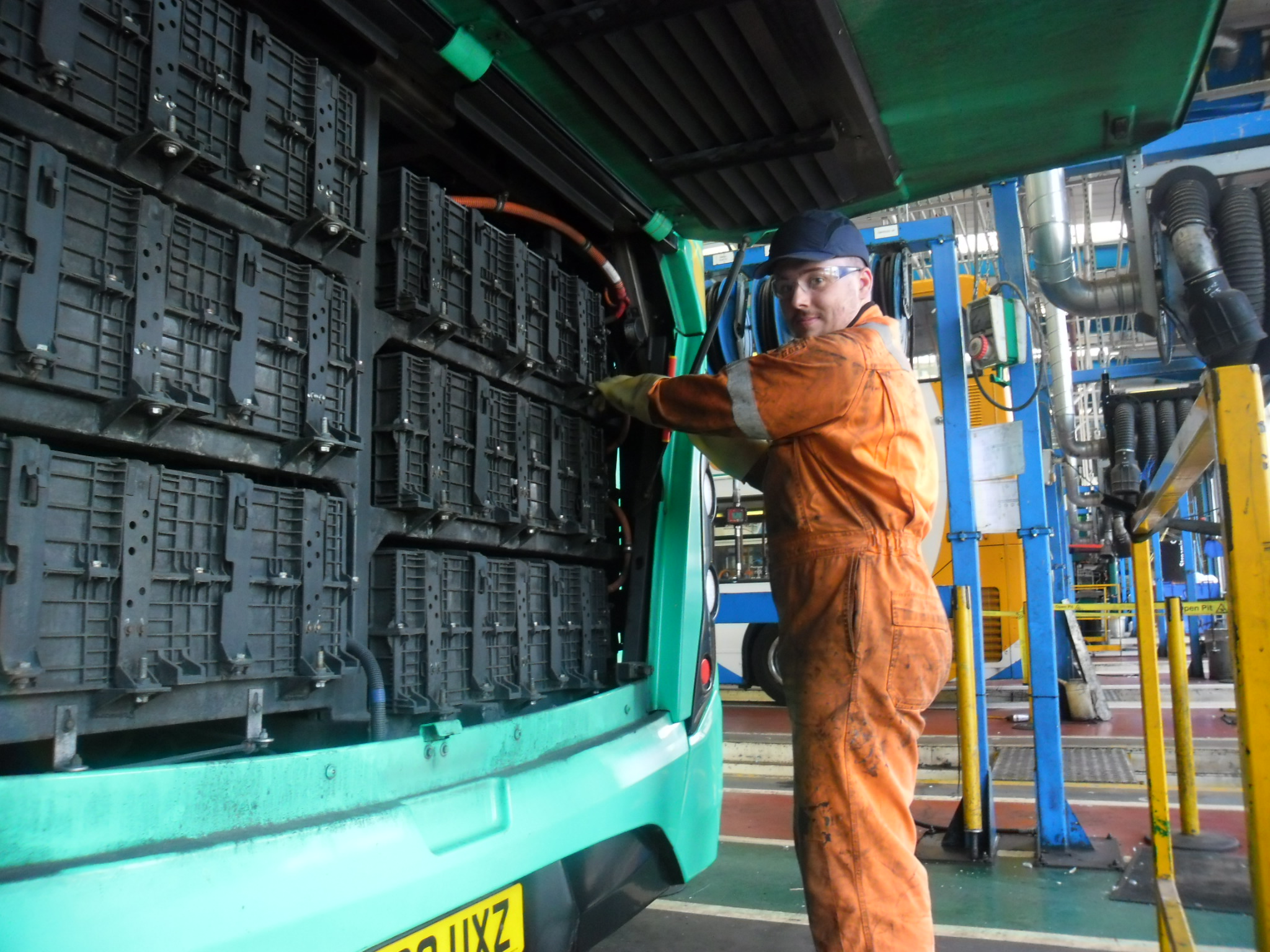Attendees of the 2021 Commercial Vehicle Show can visit stand 5D50 to make enquiries about the new accreditation.

Road transport has long been a technology-led sector. And now, after years of gradual technological progress, electric vehicles are being produced for the commercial sector to carry goods and people efficiently and sustainably. An industry so heavily reliant on the endurance of the internal combustion engine has now embraced the use of alternative fuels as costs associated with the procurement of electric vehicles decrease. Commercial and passenger-carrying transport operators are making tough decisions on purchasing new trucks and buses as emission deadlines fast approach.
Investment into electric vehicles has ramped up since government legislation prohibited the production of new diesel engines from 2030, and as battery technology improves journey times to rival that of the internal combustion engine, the new road transport era seems set to be weighted more towards electric or hybrid vehicles.
While the technology is an exciting (and disruptive) development for road transport operators, it has put extra pressure on the maintenance sector to keep the vehicles on the road safely and cost-effectively. As new vehicles are often made up of hybrid technologies that require multi-discipline engineers, training and apprenticeship programmes have adapted to equip technicians with the skills they will need now and in the future as the technology evolves.
In the absence of government regulation for a safety critical road transport industry, IRTE accreditation irtec has provided operators assurance that their vehicles are being maintained to a high standard, and that now applies to large electric and hybrid vehicles.
From 2020, owners of electric vehicles that exceed 3,500 kgs in weight or are categorised as M2 or M3 in the DVSA HGV Inspection Manual, can apply to have their technicians accredited to the irtec standard. Technicians involved in the isolation, reinstatement and safety associated with high voltage driveline systems fitted to large electric vehicles can now prove their competence by earning an irtec licence by passing an online knowledge test and practical task.
Global truck and bus manufacturer Scania – now a large producer of electric vehicles, including full electric and plug-in hybrid – has taken a holistic approach to electric vehicle competencies to ensure its EV technicians are accredited to industry standard, irtec. Scania’s technicians are now working safely (its number one priority) and have a benchmark to assess technicians against.
Aaron McGrath, Technical Manager, Scania (Great Britain Ltd) said: “With electric vehicles and high voltage systems being entirely new for the commercial vehicle industry, it’s extremely important that we are able to train, assess and accredit our technicians to a robust standard with safe working methods at its core. The irtec accreditation will ensure Scania electric vehicles are maintained safely and to a high-quality standard by our skilled technicians.”
The new irtec Electric Large Vehicle accreditation has been developed in partnership with the Institute of the Motor Industry (IMI) – as is the case with all irtec accreditations – to ensure that it meets with the needs of employers and the motor industry.
Steve Scofield, Head of Business Development at IMI, said: “The benefits of high levels of vehicle maintenance and safety standards are multiple. Clearly safety comes top of the list – not only because no employer wants their staff or customers put at risk, but also because the business cost of accidents can be immense, financially and from a reputation point of view. But workflow efficiency must come a close second – well trained staff will work more efficiently and that means services will be delivered to meet customer expectations. Continuously trained staff will also be more motivated which, in turn, helps with retention. And of course, it shouldn’t be forgotten that maintaining high standards of employee training gives employers peace of mind that they are future-proofing their business for the next generations of automotive technologies.”
Campbell Tudhope, Motor Vehicle Lecturer at North Lindsey College, said: “It makes a big difference to Traffic Commissioners that hauliers have their technicians irtec accredited. In the coming years, you are only going to be able to take clean vehicles into cities like Leeds, Birmingham and Manchester. Electric will soon get a bigger share of the market, and when it does operators will need to have technicians they can prove are equipped to maintain those vehicles."
https://irtec.org.uk
